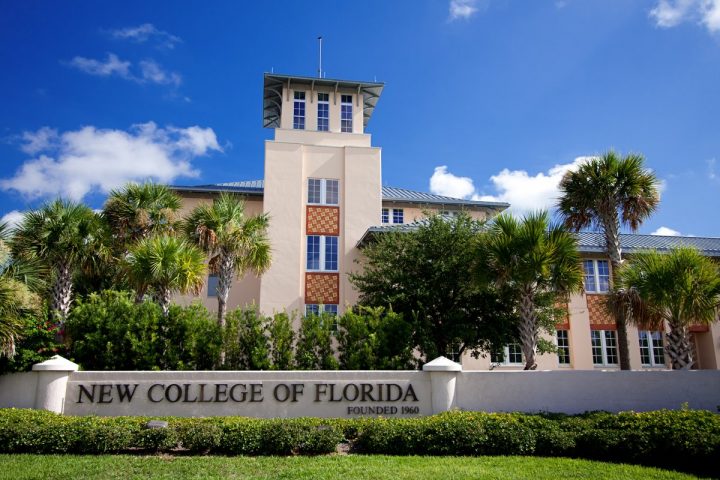
On Wednesday, September 16, the potential of a tuition raise for State University System (SUS) universities came up during the Board of Governors (BOG) meeting to make up for lost revenue from the economic fallout of the COVID-19 pandemic. A Tampa Bay Times article detailed the BOG’s discussion, where the Board’s vice chair and chairman of the budget committee, Brian Lamb, justified a tuition raise by pointing to Florida’s low tuition when compared to other states.
Student president representative at the BOG and the student president at the University of North Florida, Ally Schneider, voiced her concerns.
“In my opinion, as soon as we raise tuition in order to help the state with their budget, a dangerous long-term precedent will be set,” Schneider said. “I believe that the only reason tuition should be increased is to maintain a rate consistent with inflation.”
The BOG referenced a presentation with College Board data from Trends in College Pricing 2019 to provide context for the tuition raise. According to their data, on average, Florida has the second-lowest in-state tuition at $6,352. Wyoming has the lowest at $5,581. Jones pointed out, “for conversation’s sake,” that it would take a 65 percent rise for Florida to equal the national average, $10,487. The Board did not make any final decisions on tuition that day, but it would not be a surprise for the topic to come up again in the future.
“Realistically, it’s probably always going to be something that comes up in these fiscal conversations,” Schneider explained. “However, keeping the cost of education low in Florida is something that helps the SUS maintain their high system-wide ranking. Not only is putting the burden of cost on students the wrong thing to do, it wouldn’t serve the SUS’s goal of being the best university system in the nation.”
The last time Florida raised tuition was in 2013, by 1.7 percent. Tim Jones, vice chancellor for finance and administration, noted that it would take a 14 percent raise to match North Carolina’s tuition, the fifth lowest in the U.S. SUS institutions have already been advised to prepare for an 8.5 percent budget cut this year. With lower budgets, the BOG and Florida universities will have to consider either raising tuition or cutting on expenses, which could include reducing student services and resources.
“The majority of the burden of cost needs to continue to be on the state,” Schneider wrote. “Students should not have to bear the cost of something that exists to not only serve their personal lives, but also serve the future of our state and society at large. Education is more than something that increases someone’s lifetime wage earnings; it’s a public good that needs to be treated as such.”
While COVID-19 has been hard on the economy, it has also been hard on the average citizen—students included. Nothing has been decided yet, and Schneider made it clear that a tuition raise was a small discussion during the BOG meeting.
“Members with experience and long tenure on the board seemed to be opposed to the idea,” Schneider clarified. The BOG has until October 15 to submit their budget request to the legislature. They will meet again on November 5 at the University of North Florida.
